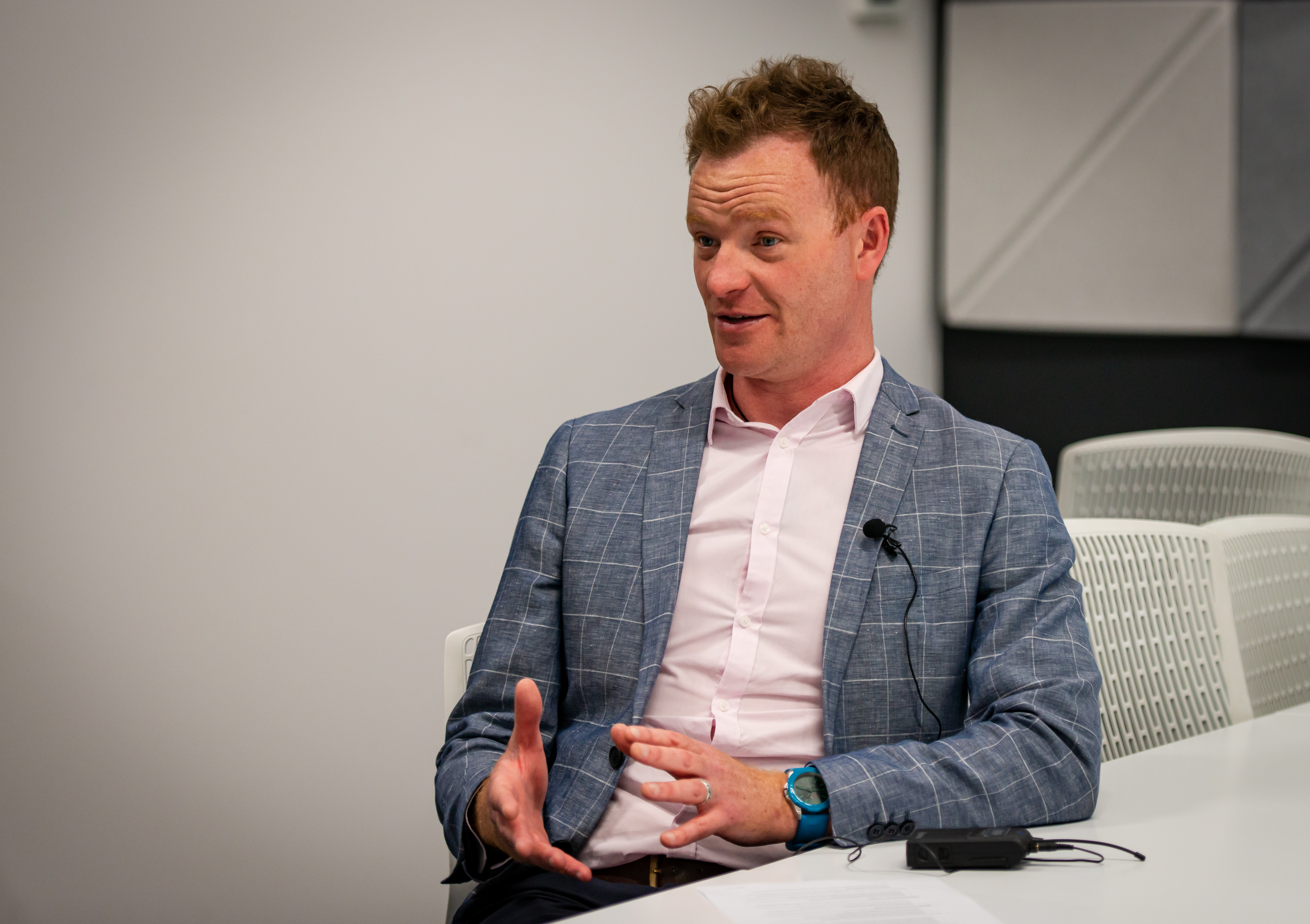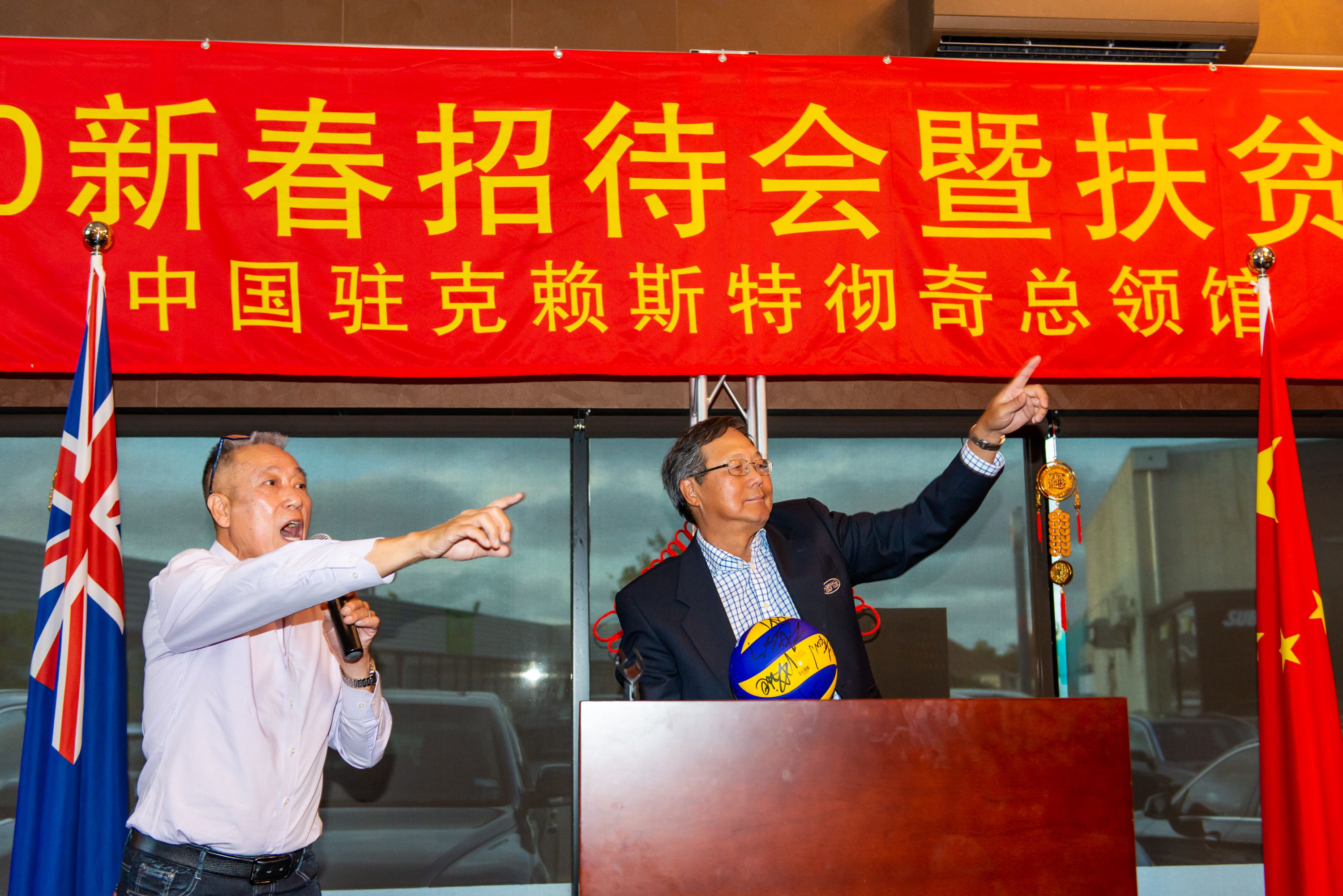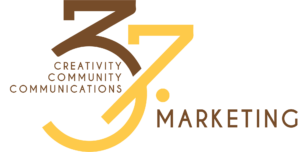“WE NEED TO LEARN TO EMBRACE”
Interview with Shane Whitfield, Regional Manager, the Community Engagement Southern Team at Office of Ethnic Communities, Department of Internal Affairs
By Li Huizi
“We need to learn to embrace, to recognise and value the richness that comes from having people from all around the world call New Zealand home.”
Question: Why is diversity important for Christchurch and for New Zealand?
Whitfield: New Zealand is such a diverse place, and I think that we want our diversity to be really well valued, really well understood and appreciated, and to make the most of it so that we’re a happier, stronger society. I think that in order for us to do that, we need to learn to embrace, to recognise and value the richness that comes from having people from all around the world call New Zealand home.
After the earthquakes in Christchurch, we had an opportunity to think differently about our city, and our region. It’s not very often you get an opportunity to do that. So with the rebuild came an opportunity to rebuild our image, rebuild our future, and rebuild the people that make up our city. Lots of diverse people came to the city, as part of the rebuild, as part of helping, learning and growing everything that we want to achieve as a city. I think it’s incredibly important that we make the most of those opportunities.
Question: What work are you doing to inform New Zealanders about ethnic minority cultures?
Whitfield: We have a really important role in terms of connecting government with community and really understanding what’s going on for our communities and how it is that we can support their aspirations, how they want to live and work and be part of New Zealand.
One of the big opportunities that we have at the moment is the Ethnic Communities Development Fund (ECDF), which has grown from 520,000 to over 4.2 million NZ dollars. A pool of funding is available for all ethnic communities and projects that will promote diversity, inclusion and wellbeing. So groups that are interested can apply for funding all year round. The decisions are made really quickly and we can help support projects where people come together, and build their understanding of each other.
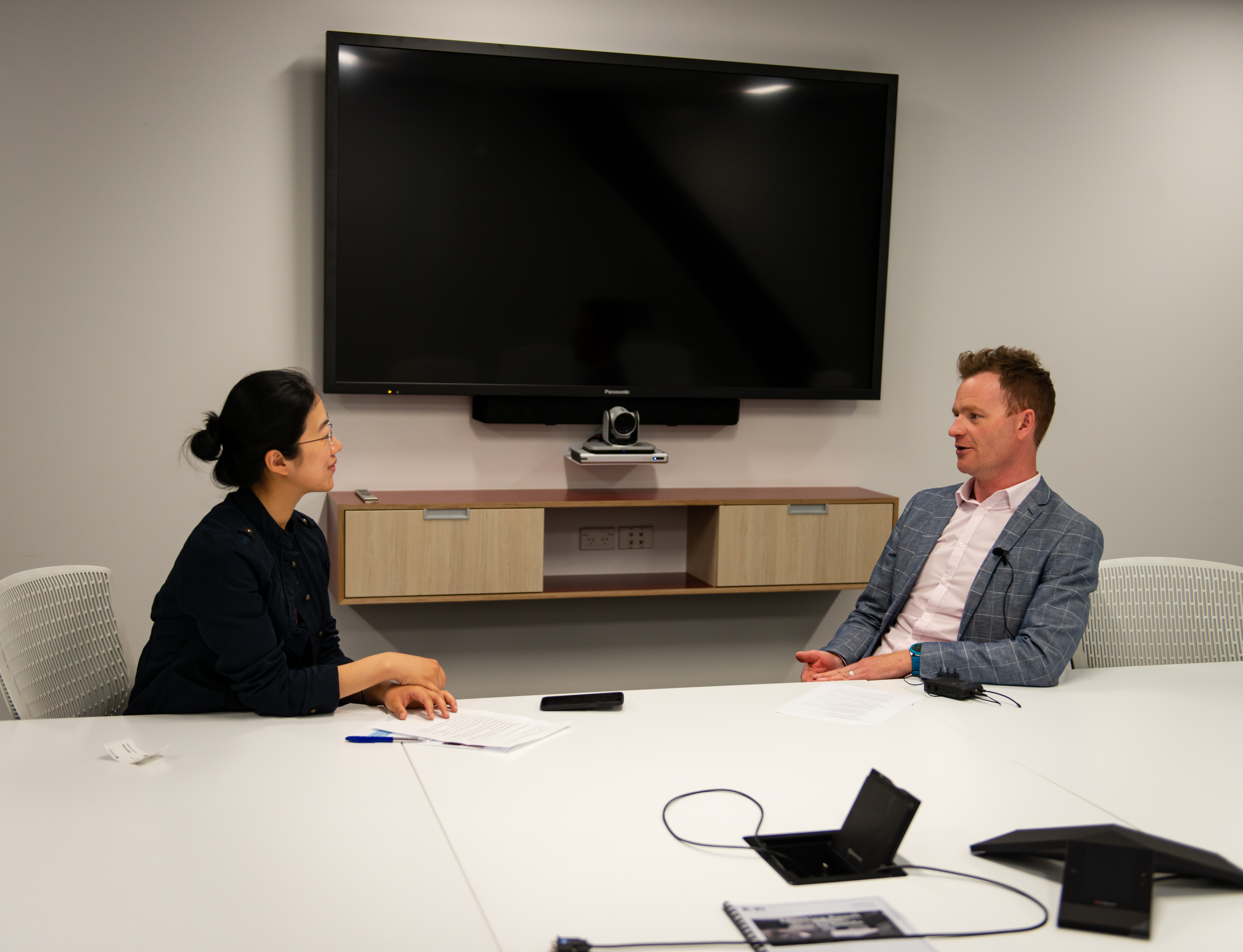
Photo by Sammy Zhu
Question: A lot of migrants or foreign students struggle to settle or find a job here. Why do you think this is, and what advice do you have for them?
Whitfield: Being employed and having a job is an important part of society in terms of building connections with those around you and feeling like you’re contributing. We are taking a partnership role with Immigration New Zealand and together working on developing an employment strategy that will ensure that we are responsive, understand people’s needs, and can support people to take those opportunities when they come up. We also have an important role in terms of people are looking for work or they’re looking for advice, how we might connect them with the right people to get that advice.
Question: If minority communities have a problem or are struggling, who should they contact for help in the first instance?
Whitfield: I mentioned a few times now that we have a really important role in terms of connecting government with community. We’re very lucky that we have a team of engagement and diversity advisers who are more than happy to help where they can. So they might be just providing advice; they might be hearing about concerns or challenges and thinking about having what we might be able to do to support overcoming those. And then it’ll be about helping people find the right pathway to get that kind of advice they need.
And there are other organisations in the community who do that, like Citizens Advice Bureau, Community Law, who can also provide help and advice.
Question: In the view of your office, is it the responsibility of migrants to adapt to the Kiwi way of life? Or should New Zealand adapt to embrace a more diverse future?
Whitfield: New Zealand is such a diverse country and we genuinely want to understand and value and make the most of all the richness that comes with diversity. And it’s really important when people come to New Zealand to make it their home, that they have their own cultural identity, and they bring all the good things that they’re proud of about their own culture and heritage.
So there’s something about bringing those two things together to make sure it’s a welcoming, open place that embraces diversity and supports people bringing their own cultural identity. We want to embrace richness on both sides of the conversation and make sure that we make it the home that we all want it to be.
Question: Could you please introduce your team?
Whitfield: Prior to 15 March, we had two people working in the Christchurch office, and then after the incidents of March, we were able to expand our resources and put some more resources into the community to support all the different things that are going on.
We now have 11 staff that come from diverse backgrounds and they are doing a range of different work across the community. I think we’re very fortunate that we are able to reach out and make connections, and have a team that really want to connect up with and support the different communities.
Question: What do you find the difficult part of your job?
Whitfield: I think it’s making sure that we make the most impact that we can across the region. Every community is unique, but we all want to make New Zealand our home. We all want to do well for our families. And it’s making sure that we do the right things and making sure that everyone’s voice is heard and understood. I think that’s an important thing for our team as we move forward.
One of the important things that our team is working on is really getting to understand the different communities, really getting to understand what’s important to them, what’s unique about them and what it is they want to do to get to know each other and make the most of living in New Zealand. We put a lot of thought into the different kinds of work that we’re doing, and we spend a lot of time with community members, listening to their needs and identifying how we can support them. We believe we can build the relationship between government and community to be as effective as it can be.
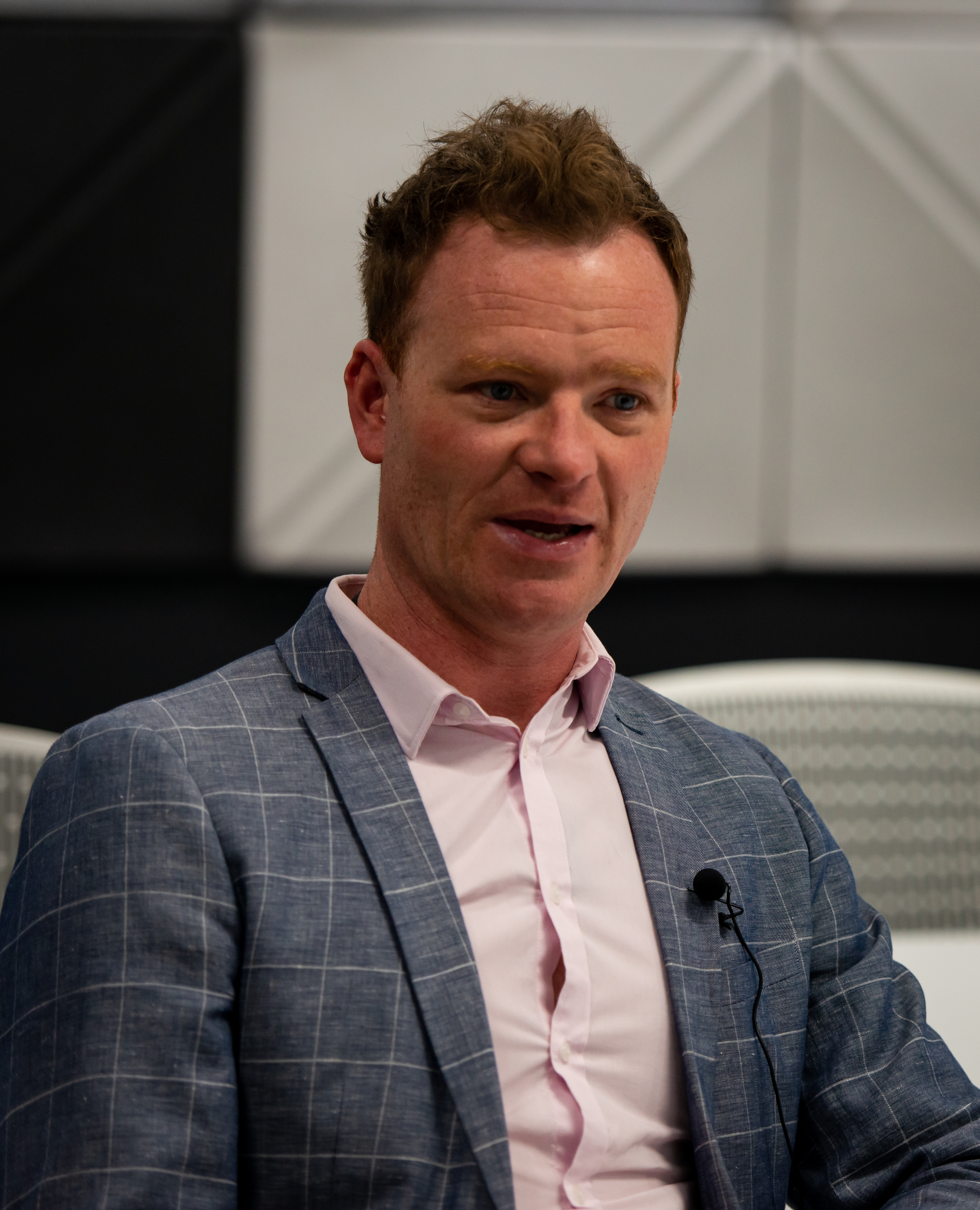 Photo by Sammy Zhu
Photo by Sammy Zhu


